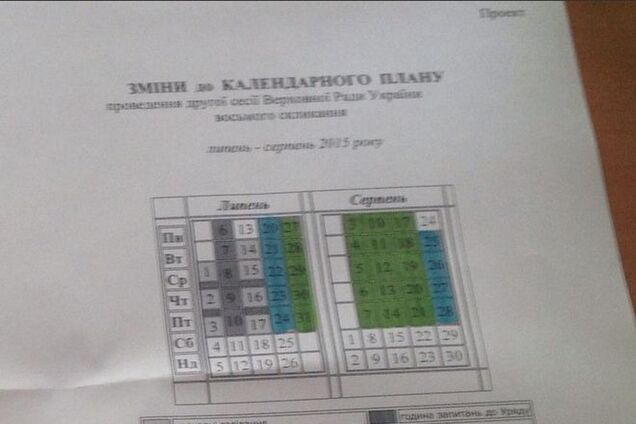
Jonn3 さん 2013年 03月 15日 01時 22分 13秒. Premahnete failove: Premahnete nenuzhnite failove pri vsiako polozhenie, kato man pages, dokumentatsiia /usr/doc i izhodni kodove /usr/src. Nenuzhni biblioteki: Mozhete da izpolzvate paketa binstats za da namerite nenuzhni biblioteki (Blagodarnosti na Tom Ed White).
Samo da vas podsetim KO JE OVU DEKLARACIJU NAPISAO. Zaista se cudim kako ste mogli ovo da izostavite?
O.daa.obrati paznju a ovo.On the Draft Convention on Political Rights of Women (1953) Eleanor Roosevelt.Discussing the specific articles of the Convention, Mrs. Roosevelt argues that the objectives of the United Nations are not only to encourage equal political rights for women in all countries, but also to ensure that women fully participate in directing the policy making of their governments. Delivered 9 December 1948 in Paris, France. Eleanor Roosevelt regarded the Universal Declaration as her greatest accomplishment.
President, fellow delegates: The long and meticulous study and debate of which this Universal Declaration of Human Rights is the product means that it reflects the composite views of the many men and governments who have contributed to its formulation. Not every man nor every government can have what he wants in a document of this kind. There are of course particular provisions in the Declaration before us with which we are not fully satisfied. I have no doubt this is true of other delegations, and it would still be true if we continued our labors over many years.
Taken as a whole the Delegation of the United States believes that this is a good document -- even a great document -- and we propose to give it our full support. The position of the United States on the various parts of the Declaration is a matter of record in the Third Committee. I shall not burden the Assembly, and particularly my colleagues of the Third Committee, with a restatement of that position here. I should like to comment briefly on the amendments proposed by the Soviet delegation. The language of these amendments has been dressed up somewhat, but the substance is the same as the amendments which were offered by the Soviet delegation in committee and rejected after exhaustive discussion.
Quarter wave transformer calculator. Substantially the same amendments have been previously considered and rejected in the Human Rights Commission. We in the United States admire those who fight for their convictions, and the Soviet delegation has fought for their convictions. But in the older democracies we have learned that sometimes we bow to the will of the majority. In doing that, we do not give up our convictions. We continue sometimes to persuade, and eventually we may be successful.
But we know that we have to work together and we have to progress. So, we believe that when we have made a good fight, and the majority is against us, it is perhaps better tactics to try to cooperate. I feel bound to say that I think perhaps it is somewhat of an imposition on this Assembly to have these amendments offered again here, and I am confident that they will be rejected without debate. The first two paragraphs of the amendment to article 3 deal with the question of minorities, which committee 3 decided required further study, and has recommended, in a separate resolution, their reference to the Economic and Social Council and the Human Rights Commission. As set out in the Soviet amendment, this provision clearly states 'group,' and not 'individual,' rights. The Soviet amendment to article 20 is obviously a very restrictive statement of the right to freedom of opinion and expression. Vzlom programm exe. It sets up standards which would enable any state practically to deny all freedom of opinion and expression without violating the article.
It introduces the terms 'democratic view,' 'democratic systems,' 'democratic state,' and 'fascism,' which we know all too well from debates in this Assembly over the past two years on warmongering and related subjects are liable to the most flagrant abuse and diverse interpretations. The statement of the Soviet delegate here tonight is a very good case in point on this. The Soviet amendment of article 22 introduces new elements into the article without improving the committed text and again introduces specific reference to 'discrimination.' As was repeatedly pointed out in committee 3, the question of discrimination is comprehensively covered in article 2 of the Declaration, so that its restatement elsewhere is completely unnecessary and also has the effect of weakening the comprehensive principles stated in article 2. The new article proposed by the Soviet delegation is but a restatement of State obligation, which the Soviet delegation attempted to introduce into practically every article in the Declaration. It would convert the Declaration into a document stating obligations on states, thereby changing completely its character as a statement of principles to serve as a common standard of achievement for the members of the United Nations.